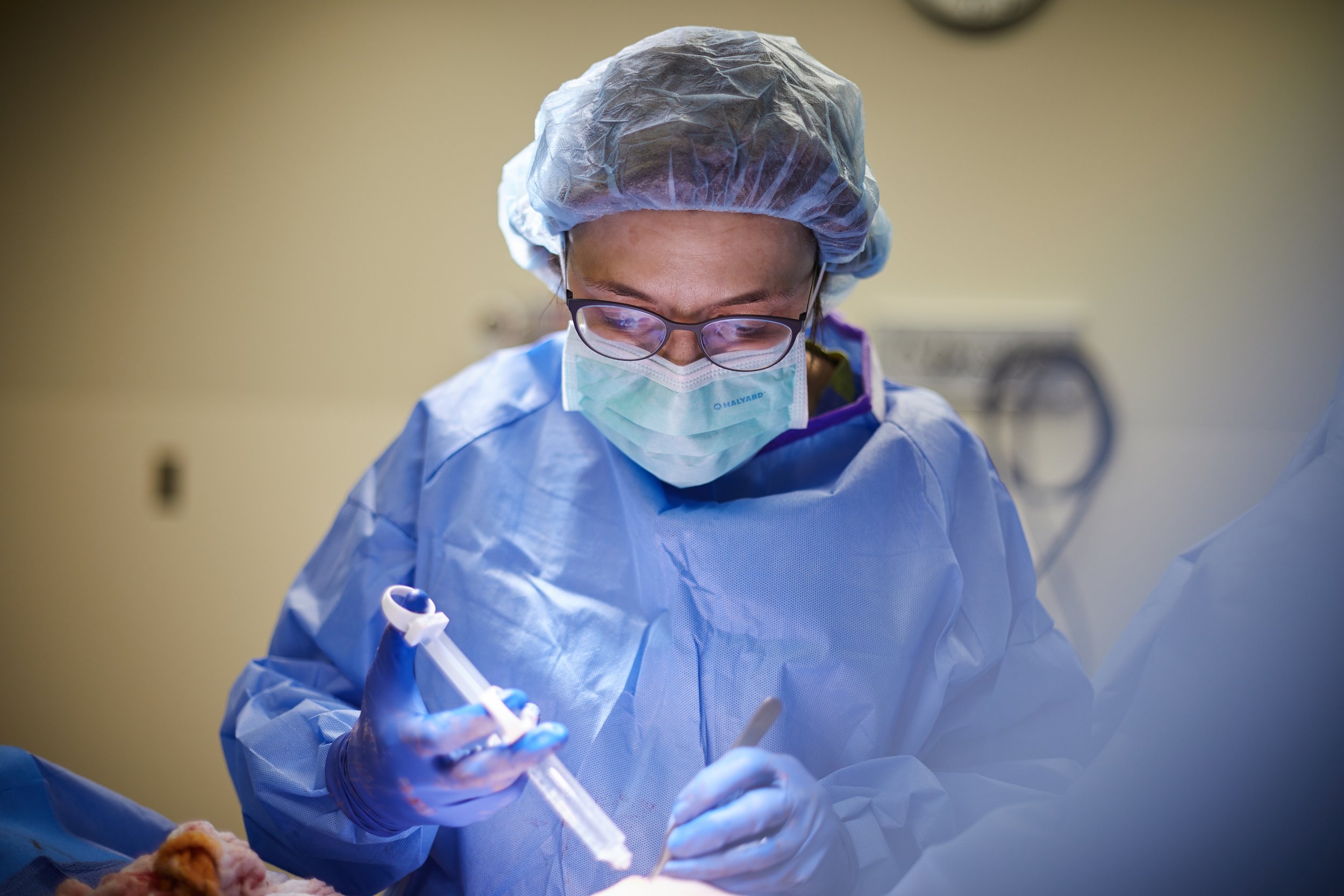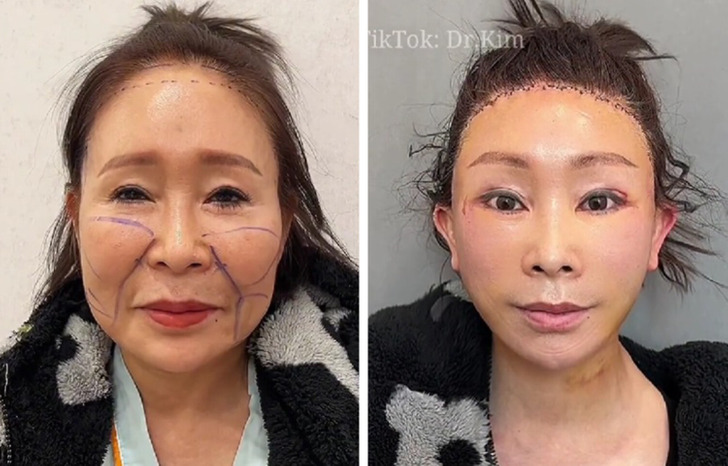Facelift Rancho Cucamonga: Smooth Wrinkles and Tighten Up Skin for a Younger Look
Checking Out the Psychological and Social Variables That Drive Individuals to Consider Plastic Surgery as a way of Improvement
The choice to go after cosmetic surgical treatment frequently extends past simple visual appeals, linking with psychological and social characteristics that merit comprehensive examination. Elements such as self-worth, pervasive societal appeal standards, and the pervasive impact of social media converge to form individual motivations for surgical improvement.
The Role of Self-Esteem
Self-esteem substantially affects a person's choice to go after cosmetic surgery. People with low self-worth usually perceive themselves in an unfavorable light, causing feelings of insufficiency regarding their physical look. This adverse self-perception can drive them to seek medical interventions as a technique of enhancing their self-image. The need for improvement in one's look is frequently connected to an idea that such changes will certainly boost their overall self-respect and self-confidence.

Eventually, the function of self-esteem in the decision-making procedure concerning plastic surgery highlights the complex interplay between body photo, individual satisfaction, and mental health and wellness. Understanding this relationship is essential for medical care specialists to guarantee that individuals are making notified choices rooted in reasonable assumptions and psychological health.
Societal Appeal Requirements
Influenced by prevalent media representations and social narratives, social charm requirements play a crucial duty in shaping individuals' perceptions of their very own bodies. These criteria are usually defined by an idealized kind of elegance that highlights traits such as youthfulness, symmetry, and slimness. As these perfects are perpetuated with various networks, consisting of film, tv, and advertising and marketing, people regularly internalize these messages, causing dissatisfaction with their all-natural appearance.
The ramifications of these societal standards expand beyond aesthetic preferences; they can influence self-esteem, psychological health and wellness, and interpersonal relationships. People that regard themselves as falling brief of these criteria may experience sensations of inadequacy, triggering a need for cosmetic surgery as a means of attaining social approval. This quest is usually sustained by the belief that complying with these perfects will improve not only physical appearance however also social standing and personal satisfaction.

Influence of Social Media
The effect of societal elegance standards is additional enhanced by the rise of social networks systems, where curated photos and idyllic depictions of appeal are ubiquitous. Users are constantly exposed to filtered and edited photographs, which usually show unattainable physical features. This exposure grows a culture of contrast, leading people to evaluate their very own look versus these commonly impractical standards.
Social media site influencers and celebs regularly promote cosmetic procedures, stabilizing the idea that medical improvements are a viable ways for achieving societal ideals (plastic surgery rancho cucamonga). The visibility of these enhancements can develop an assumption that going through plastic surgery is a common practice, thus affecting individuals to think about comparable treatments as a pathway to boosted self-esteem and social approval
Additionally, the interactive nature of social media Your Domain Name permits instant responses through sort and comments, additionally reinforcing the desire to comply with popular charm standards. Such interactions can intensify feelings of insufficiency and drive individuals toward plastic surgery as a means of obtaining validation. Inevitably, social networks plays a critical role fit understandings of elegance, which significantly affects the decision-making procedures surrounding plastic surgery.

Social Perspectives on Appearance
Throughout various cultures, perceptions of appearance are deeply rooted in historical, social, and economic contexts, shaping people' sights on elegance and desirability. In lots of societies, appearance offers as a considerable marker of identification, affecting social condition, expert possibilities, and personal relationships. For instance, in some cultures, light skin is usually connected with wide range and opportunity, while others might glorify darker skin tones as signs of toughness and authenticity.
Moreover, traditional elegance requirements are typically perpetuated with cultural stories, media representations, and family members influences, bring about differing ideals across different regions (plastic surgery rancho cucamonga). In Western cultures, the emphasis on young people and fitness typically drives people towards cosmetic enhancement, while in particular Eastern cultures, even more subtle changes straightened with traditional looks might be liked
Globalization and the spreading of digital media have actually even more made complex these characteristics, developing a hybridization go right here of elegance suitables that goes beyond geographical boundaries. As people significantly browse these cultural narratives, the pressure to comply with details look standards can cause the need for plastic surgery, reflecting a complicated interplay of cultural values and personal goals. Understanding these cultural point of views is necessary in resolving the inspirations behind plastic surgery considerations.
Psychological Influences of Plastic Surgery
Numerous individuals seeking cosmetic surgical treatment record experiencing profound psychological effects that can significantly alter their self-perception and emotional well-being - plastic surgery rancho cucamonga. The wish for physical enhancement commonly comes from underlying problems such as reduced self-confidence, body dysmorphic condition, or social stress regarding appeal requirements. For some, the prompt post-operative phase can cause a short-lived boost in positive self-image and contentment with their look, fostering a feeling of empowerment
Nonetheless, these positive feelings may not be enduring. Research study shows that while some clients experience enhanced self-esteem, others may face intense stress and anxiety or clinical depression if their expectations are not satisfied. This disparity can occur from impractical perfects continued by media depiction and cultural stories surrounding charm.
Moreover, the emotional implications of plastic surgery extend beyond the individual. Relationships with friends and family may be stressed as social dynamics shift, leading to feelings of isolation or alienation. Eventually, the psychological influences of plastic surgery are diverse and intricate, calling for cautious factor to consider by both possible patients and health care carriers to Related Site make sure enlightened decision-making and practical expectations.
Conclusion
In conclusion, the choice to pursue plastic surgery is significantly affected by a mix of self-confidence problems, social elegance requirements, and cultural perspectives on look. The pervasive reach of social media sites better aggravates these pressures, promoting unrealistic perfects that people commonly make every effort to acquire. Recognizing these emotional and social variables is necessary for resolving the inspirations behind cosmetic surgical procedure, highlighting the need for a much more nuanced conversation surrounding charm and self-acceptance in modern culture.
The decision to go after cosmetic surgery usually prolongs past plain looks, intertwining with psychological and social dynamics that merit thorough assessment. Inevitably, social media plays a pivotal function in forming assumptions of beauty, which dramatically affects the decision-making procedures bordering cosmetic surgical treatment.
As individuals significantly navigate these cultural stories, the pressure to adapt to particular look criteria can lead to the need for cosmetic surgery, mirroring a complicated interplay of cultural values and individual aspirations.In verdict, the decision to pursue cosmetic surgery is considerably influenced by a combination of self-confidence concerns, social beauty criteria, and social viewpoints on look. Comprehending these emotional and social elements is necessary for addressing the motivations behind cosmetic surgical procedure, highlighting the need for a much more nuanced discussion bordering beauty and self-acceptance in contemporary culture.